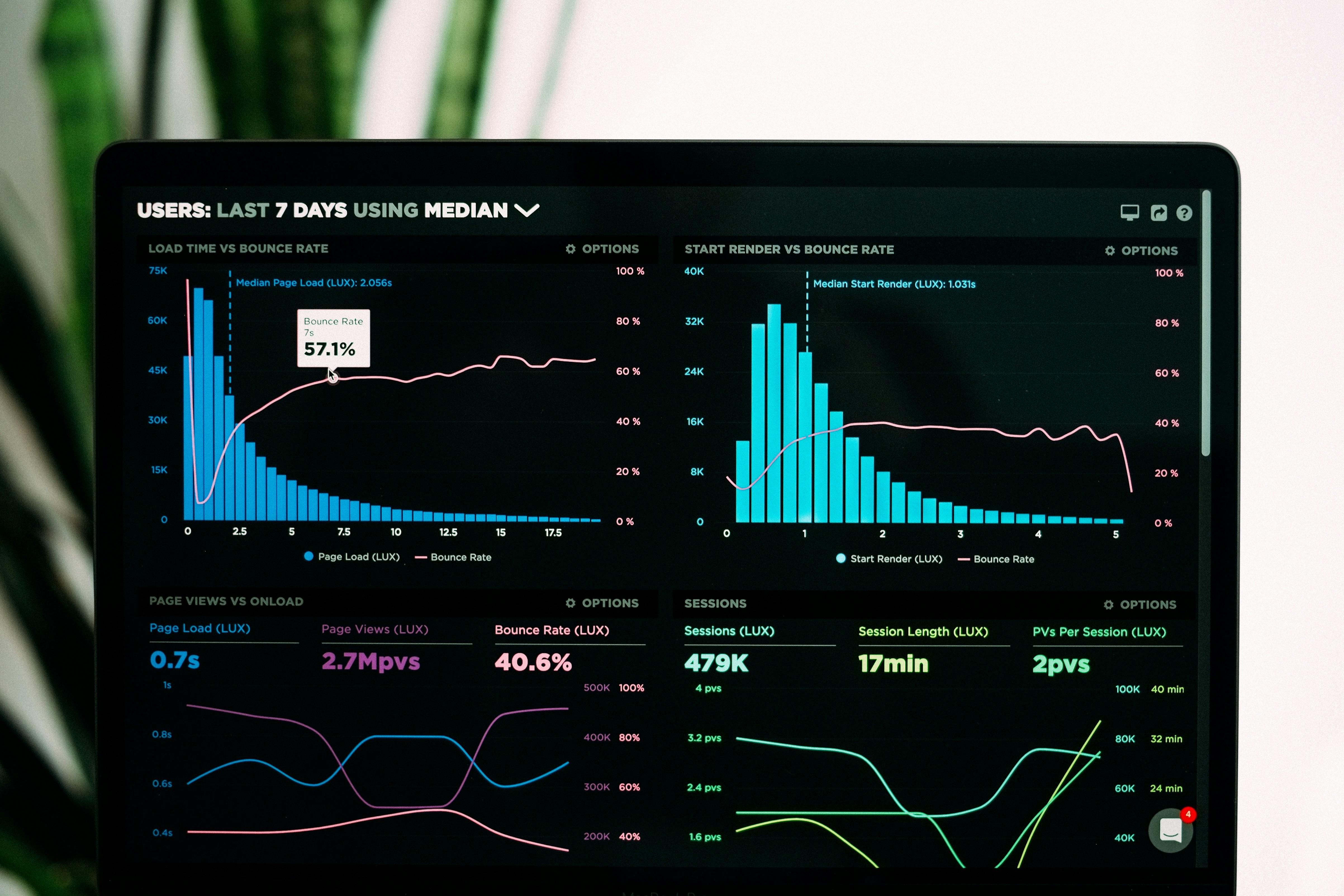In the vast, interconnected web of the digital age, sharing a glimpse of our lives online has become second nature. We post, tweet, and upload, weaving our personal stories into the fabric of the internet. Yet, beneath the allure of instant connection and validation lies a shadowy realm of potential risks. In this article, we delve into the subtle art of discretion, exploring why a cautious approach to sharing personal details online is not just wise, but essential for safeguarding your digital identity.
Guarding Your Digital Footprint: Understanding Privacy Risks
In today’s hyper-connected world, every click, share, and post contributes to a digital trail that can be difficult to erase. Personal information shared online can be harvested and exploited by cybercriminals, marketers, or even potential employers. Understanding the risks associated with your digital footprint is crucial in safeguarding your privacy.
- Identity Theft: Details like your full name, birth date, or address can be used to impersonate you online.
- Data Profiling: Companies collect and analyze your data to create profiles that influence the ads and content you see.
- Social Engineering Attacks: Oversharing can make you a target for phishing schemes or manipulation tactics.
By being mindful of what you share and regularly reviewing your privacy settings, you can significantly reduce these risks. Remember, once information is online, it can be challenging to control who sees it and how it is used.
The Unseen Threats: How Personal Data Fuels Cybercrime
In the vast digital landscape, personal data has become a highly sought-after commodity for cybercriminals. Every click, like, and share can reveal more about you than you might realize. Once these details fall into the wrong hands, they can be exploited for various malicious activities, from identity theft to financial fraud. The more information you provide online, the more pieces of the puzzle cybercriminals have to piece together your identity.
Consider these potential risks when sharing personal details:
- Phishing Scams: Personalized messages that trick you into revealing sensitive information.
- Identity Theft: Using your personal data to impersonate you, leading to unauthorized transactions.
- Data Breaches: Even reputable sites can be hacked, exposing your data to cybercriminals.
By understanding the unseen threats lurking in the digital shadows, you can better protect your personal information and minimize the risk of becoming a target for cybercrime.

Balancing Connectivity and Privacy: Strategies for Safe Sharing
In today’s hyper-connected world, the allure of sharing personal moments online is undeniable. However, it’s crucial to maintain a delicate balance between connectivity and privacy. One effective strategy is to curate your audience. Utilize privacy settings on social media platforms to ensure that only a select group of trusted individuals can view your posts. This reduces the risk of oversharing with unintended audiences.
Additionally, be mindful of the type of information you share. Consider the following guidelines:
- Avoid sharing sensitive details such as your home address, phone number, or financial information.
- Be cautious with location tags which can reveal your whereabouts to a broader audience than intended.
- Think before you post—once something is online, it’s challenging to completely remove it.
By implementing these strategies, you can enjoy the benefits of connectivity while safeguarding your personal privacy.

Empowering Your Online Presence: Tools for Data Protection
In the digital age, safeguarding your personal information is paramount. A robust suite of tools can help you fortify your online presence against potential threats. Virtual Private Networks (VPNs) are essential for encrypting your internet connection, ensuring that your online activities remain private and secure. Password managers can also be invaluable, generating and storing complex passwords to prevent unauthorized access to your accounts.
- Two-Factor Authentication (2FA): Adds an extra layer of security by requiring a second form of verification.
- Encryption Software: Protects sensitive files and communications from prying eyes.
- Privacy-focused Browsers: Such as Brave or DuckDuckGo, which prioritize user privacy and minimize tracking.
By integrating these tools into your digital routine, you empower yourself to navigate the online world with confidence, minimizing the risks associated with sharing personal details.



